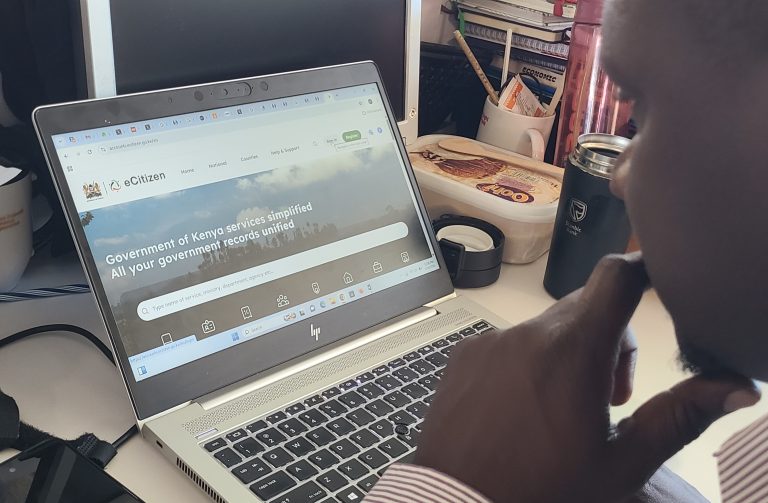As Safaricom celebrates twenty-five years of transforming lives and shaping Kenya’s digital destiny, few may remember the crucial role played by Prime Cabinet Secretary and Cabinet Secretary for Foreign and Diaspora Affairs, Musalia Mudavadi, in laying the foundation for the country’s telecommunications revolution.
Long before mobile phones became an everyday necessity, Kenya was on the cusp of change, and Mudavadi was at the heart of it. As Minister for Finance in the early 1990s, he led a bold liberalisation agenda that dismantled rigid price and exchange controls, opening the doors for private enterprise and technological innovation.
His economic reforms were the spark that ignited Kenya’s shift toward a modern, competitive market economy.
Later, as Minister for Information, Transport and Communications, Mudavadi took another decisive step, breaking up the state monopoly in the communications sector.
His push to liberalise the airwaves marked a turning point for freedom of speech, information access, and media diversity in Kenya. This transformative policy shift led to the licensing of private radio stations and, more significantly, the birth of mobile telephony.
It was during this period that Safaricom and Celtel (now Airtel) were licensed, a move that would forever change how Kenyans connect, communicate, and conduct business.
“We dared to dream of a connected Kenya,” Mudavadi reflected. “It was a time of bold ideas and decisive reforms, when we laid the foundations for a digital revolution that would redefine how our nation communicates, trades, and thrives.”
Working closely with Michael Joseph and a pioneering Safaricom team, Mudavadi helped steer the policy environment that allowed the company to grow from a fledgling start-up to a continental powerhouse.
Safaricom’s journey, from its first network towers to M-Pesa and beyond, mirrors Kenya’s rise as a global innovation hub.
Today, as the telecom giant celebrates twenty-five years, Mudavadi’s early vision stands vindicated.
His leadership during Kenya’s economic and communications liberalisation era not only opened the airwaves but also opened opportunities for millions of Kenyans, from small traders to tech innovators, to participate in a new digital economy.
As he put it, “I take pride in how far we have come, a testament to vision, courage, and the enduring spirit of the Kenyan people.”
Safaricom’s story, and Kenya’s broader digital transformation, is inseparable from that vision, one that dared to believe a nation could connect itself to the future.
By TV47 Kenya











